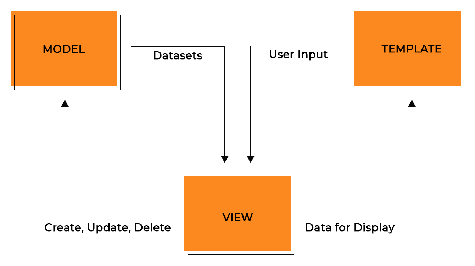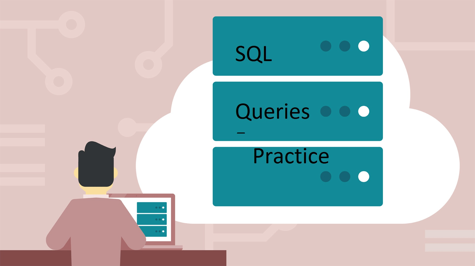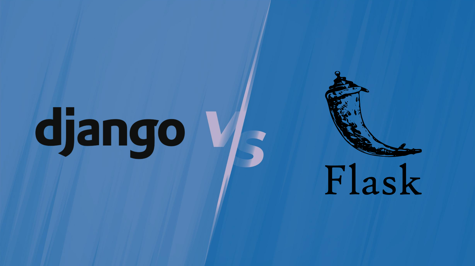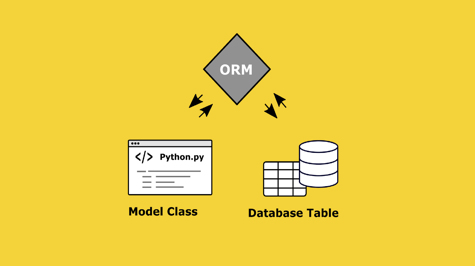In Django, the QuerySet the object represents a collection of objects from your database. You can use various methods and functions provided by Django to manipulate and retrieve data from these QuerySets. Some common methods and functions for working with QuerySets include:
filter(): Returns a newQuerySetcontaining object that matches the given criteria.exclude(): Returns newQuerySetcontaining objects that do not match given criteria.order_by(): Returns a newQuerySetcontaining object ordered according to a given field.reverse(): Returns a newQuerySetcontaining object in reverse order.count(): Returns the number of objects in theQuerySet.first(): Returns the first object in theQuerySet.last(): Returns the last object in theQuerySet.none(): Returns an emptyQuerySet.
You can chain these methods together to create more complex queries. For example:
# Get all the articles written by a particular author and order them by the date they were published
articles = Article.objects.filter(author='John Smith').order_by('published_date')
# Get the number of articles written by a particular author
num_articles = Article.objects.filter(author='John Smith').count()
You can also use the Q objects provided by Django to create more complex queries. For example:
from django.db.models import Q
# Get all the articles written by either John Smith or Jane Smith
articles = Article.objects.filter(Q(author='John Smith') | Q(author='Jane Smith'))
# Get all the articles with the title "How to Django" or the content "Django is a great framework"
articles = Article.objects.filter(Q(title='How to Django') | Q(content='Django is a great framework'))










